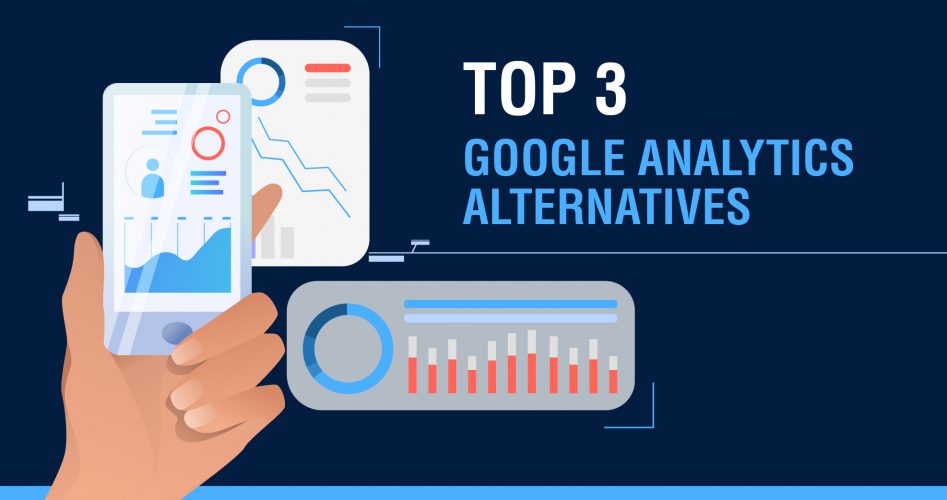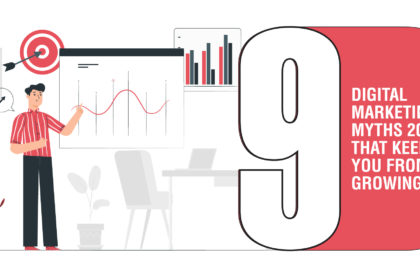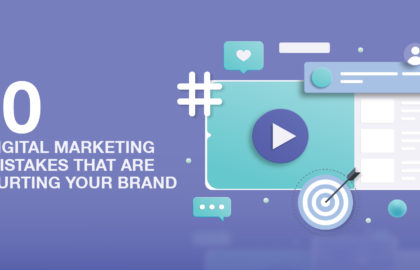How well do you know your customers? It’s a question that differentiates good communication from the rest. In today’s global online marketplace, it becomes even more vital. Understanding your audience — their tastes, preferences, necessities, and usage patterns — can greatly improve your communication strategy and your business.
This is where analytics come in. There are a plethora of tools to measure, analyze, and report website traffic to help deduct key user behaviors. These platforms give you a breakdown of your website’s total visitors, the countries they visit from, the specific pages they visit, the time they spend on your website, and more. The data that is collected can help you improve your communication and understand your customers better. This helps in realigning your website’s offerings as well as the communication strategy to be more effective for your business.
Google Analytics remains the most popular among these platforms but it’s not without its drawbacks. The extensive amount of data it collects has become a concern for netizens. This subsequently raises an important question —.how much data should a website collect to better serve its visitors? Let’s take a look at the top 3 Google Analytics alternatives that are simple to use while also being safer for your customers.
The Google conundrum
Google Analytics is easily the most popular web analytics platform, and most of it is a result of the free accessibility it comes with. It offers websites and blogs, regardless of their size and reaches, access to comprehensive analytical data about their audience — their location, age, interests, usage patterns, et al. Surely enough, it became the go-to tool for web analytics. The flipside to this is that websites now collect a lot of data while Google retains all ownership of it. Most users only use a fraction of the metrics it measures, and ignore everything else that Google Analytics tracks.
This comprehensive collection of data has become a concern for internet users, leading to an increase in the adoption of ad blockers and Google-alternative browsers. Blocking the Google Analytics script may help users circumvent the data collection, but it also affects the brand and the experience their website aims to provide. The accuracy of the measure of success for a brand’s goals dips and results in a mismatch between the data and reality.
Better, safer analytics
As businesses move to the online marketplace, interactions with customers are heavily dependent on their feedback and collected data. Collecting only relevant, safe-to-share, and non-invasive information is key to ensuring that understanding the audience doesn’t affect their online experience. Here are three alternatives to Google Analytics that are simpler to use and safer for your audience.
1. Plausible
Plausible is a simple and privacy-friendly analytics tool with insights available on a single page. Websites also load faster as it uses a script that is 14 times smaller than Google Analytics. The platform is privacy-focused and is fully compliant with GDPR, CCPA, and PECR. It offers 100% ownership and control of the data collected and doesn’t use cookies to track information. So website users aren’t greeted with a banner requesting access either.
The platform allows users to define key goals and track conversions, with weekly or monthly reports that are readily available — no more wading through pools of numbers to find the right data point.
Some websites require better privacy and others need transparency. Plausible can help provide both. Sharing the data privately with clients is a breeze and the platform allows for creating custom links so that anyone with access to it can view the collected data.
Plausible conveniently displays the site’s visitor numbers in an hourly, daily, or monthly graph. Its simple interface provides answers to vital questions like where visitors are coming from and what they are viewing in a nutshell. Integrating Plausible to a site is easy, with support for WordPress, Ghost, Squarespace, Wix, Weebly, and Google Search Console readily available.
2. Fathom
If you’re looking for a simplified breakdown of your site’s performance, then Fathom is the platform for you. It’s an open-source, privacy-focused analytics tool that allows users to understand their data better without selling or sharing anything it collects to third parties.
Fathom displays all actionable data through a simple interface, making it more efficient for sites that don’t need a comprehensive breakdown of things.
The code is easy to install on any site, with ready support for WordPress and Squarespace. Like Plausible, Fathom doesn’t use cookies or collect personal data. The industry-grade technology and infrastructure also make the platform scalable with bandwidth to accommodate any spike in website traffic, ensuring analytics can keep track of it all without any bottlenecks
3. Matomo
Originally known as Piwik, Matomo is a popular alternative to Google Analytics. It functions with a strong focus on data ownership rights, is open-source, and offers a comprehensive look at user behavior. This is delivered through conversion optimization features including Heatmaps, Sessions Recordings, Funnels, Goals, Form Analytics and A/B Testing.
The key differentiator between Matomo and Google Analytics is that the collected data is for the user to keep, ensuring the privacy of site visitors is maintained. The data can be configured to be hosted on the cloud or a private server. Users may also easily export and migrate the data collected to other hosting services.
The platform’s flexibility is also something to note as it offers a high level of customizability via APIs and plugins that are readily available. If you’re looking for a platform that can ensure the data you collect is yours alone, then look no further
Why free isn’t always better
The subscription cost of a third-party platform may affect the willingness of users to shift to them. It’s equally important to note that the cost of a free platform like Google lies in how the platform uses the collected data. The deep integration of technology into everyday life has made our online and offline identity an interlinked equation,
A huge percentage of internet users have already become aware of the issues with data tracking and the security/privacy risks associated with it. This has resulted in a spike in the usage of tools like ad blockers, VPNs, and privacy-focused browsers to prevent the collection and analysis of any data that they feel uncomfortable sharing.
This user behavior may affect businesses differently, depending on the need to track data. But as privacy concerns become even more pronounced, a subscription fee for robust and secure analytics monitoring seems like a small price to pay to create better, safer online experiences.







